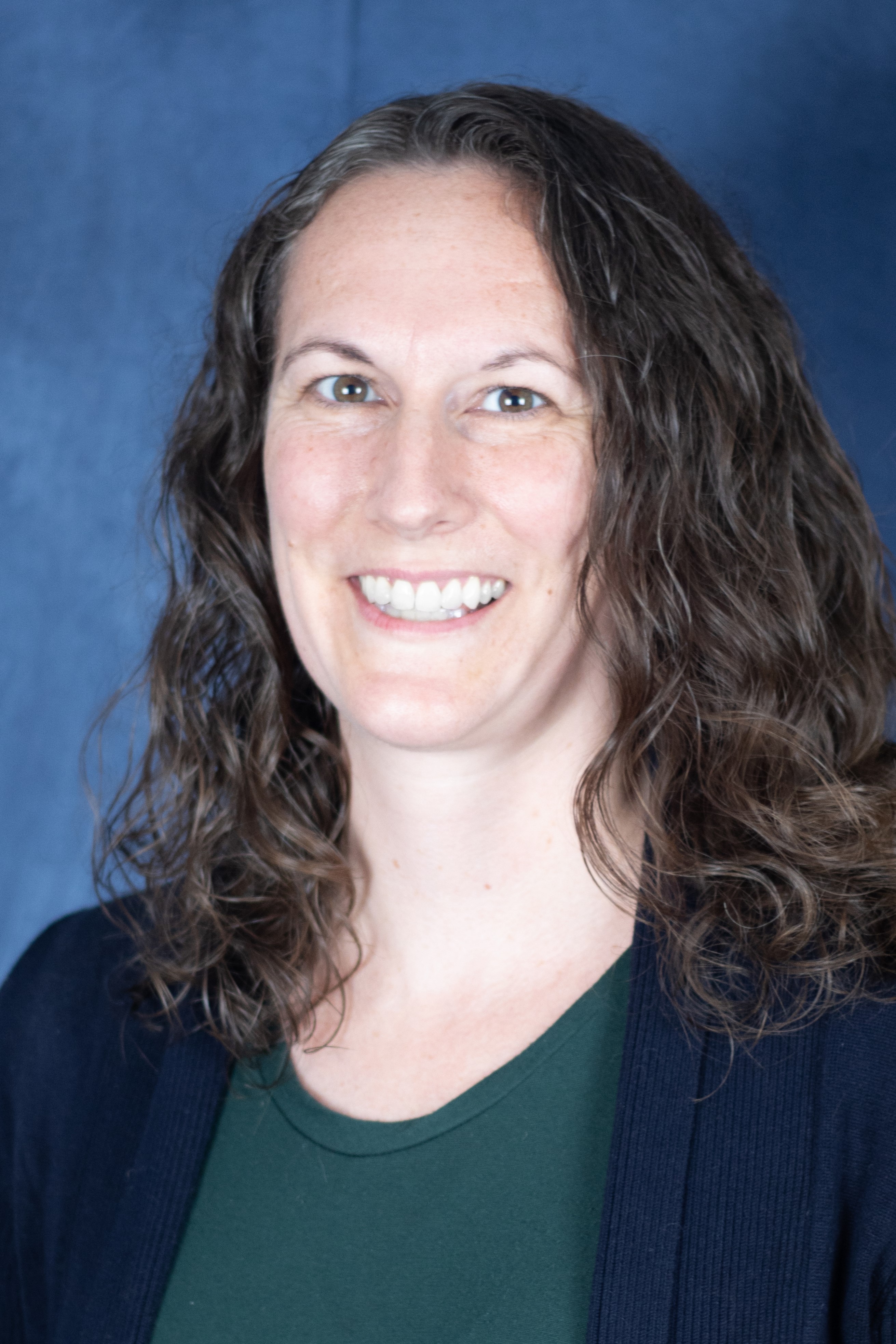
Marilyn Cornish profile and information
Learn more about Marilyn Cornish
- Professor
- Director of Training, Counseling Psychology
Short Bio
Dr. Marilyn Cornish is a core faculty member in the Counseling Psychology PhD program within the Department of Special Education, Rehabilitation, and Counseling. Dr. Cornish has taught many of the courses in the counseling psychology doctoral curriculum. She particularly enjoys teaching applied courses that integrate educational material with clinical supervision, such as Group Counseling and Advanced Practicum.
More bio information
Education
PhD in Counseling PsychologyIowa State University2014
Graduate Certificate in Quantitative PsychologyIowa State University2012
MS in PsychologyIowa State University2010
BA in PsychologyWartburg College2008
BA in Community PsychologyWartburg College2008
Professional Experience
Dr. Cornish received her B.A. in Psychology and Community Sociology from Wartburg College. She received her graduate education at Iowa State University, where she earned an M.S. in Psychology, a Graduate Certificate in Quantitative Psychology, and a Ph.D. in Counseling Psychology. Dr. Cornish has worked as a faculty member at Auburn University since 2014, and currently serves as Director of Training for the counseling psychology PhD program. Her state and national professional service roles have included:
- Member, Alabama Board of Examiners in Psychology (2025-present)
- Member, Counseling Psychology Model Training Program Development Working Group (2024-present)
- Board Member, Counseling of Counseling Psychology Training Programs (2023-present);
- Consulting Editor, Journal of Counseling Psychology (2016, 2020-present);
- Domain Representative, Society for Advancement of Psychotherapy (APA Division 29, 2019-2021).
Innovation
Dr. Cornish is the lead researcher in the Cultural, Affective, and Relational Empowerment Research Group (CARE Lab).Her research examines multicultural, emotional, and relationship wellbeing. Another research aim is to develop and test interventions that facilitate these outcomes. She also examines factors that make these forms of empowerment more difficult to achieve.




